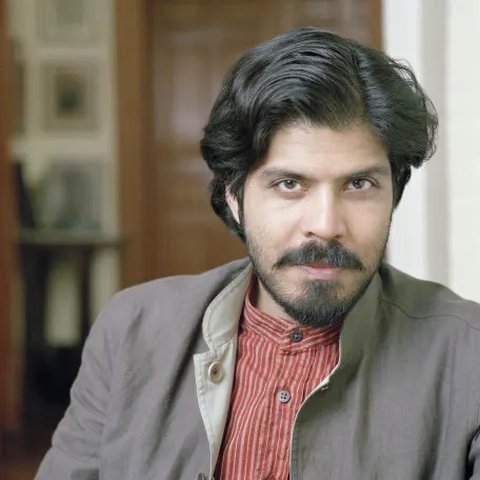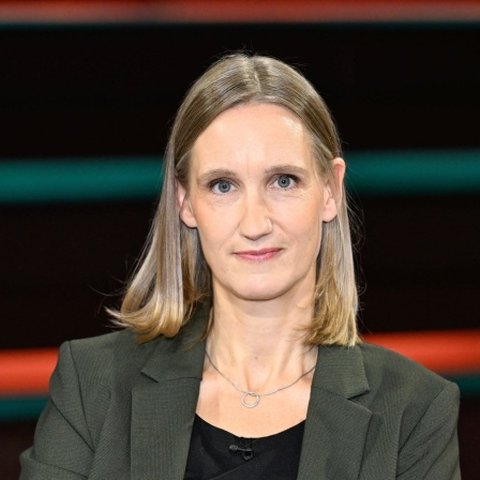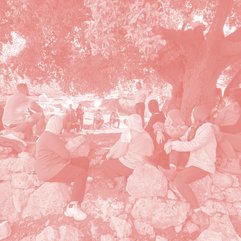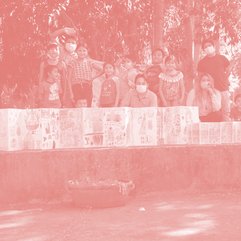Zeit zu reden - Memory Culture (1): Gaza and German Memory Politics in a Global Context
A critical discussion on Germany's lessons from the Holocaust
19.00-22.30
Save the Date
for adults
in English

After the Hamas attacks on October 7th, 2023, the German government emerged as one of Israel’s staunchest supporters. It supplied weapons for Israel’s ongoing offensive in Gaza, defended the country against South Africa’s accusation of genocide, and stifled domestic critical debate on Israel and Palestine.
Germany’s double standards regarding breaches of international law—condemning them when committed by Russia in Ukraine, yet turning a blind eye to Israeli actions—have led to notable exasperation in countries across the Global South.
What emerged after October 7th was, once again, a sharp divide within the global memory landscape. While for many, memories of Western imperialism and colonialism dominate, in the West it is the memory of WWII and the Holocaust that prevails. For Germany in particular, the memory of its own barbarism continues to shape its political morality today. Yet, Germany has faced especially pointed criticism for its stance on Gaza.
But isn't unconditional support for Israel in the face of a what Amnesty International has called a “genocide” itself a betrayal of the lessons of the Holocaust? Especially at a time when a far-right Israeli government is allying itself with radical nationalist parties in Europe?
As the Indian author Pankaj Mishra wrote in the London Review of Books in early 2024:
“As völkisch-authoritarian racism surges at home, the German authorities risk failing in their responsibility to the rest of the world: never again to become complicit in murderous ethnonationalism.”
In this first “Zeit zu reden Special”, the English edition with prominent voices from abroad, presenter Kristin Helberg discusses the historical and current connection between the German culture of remembrance, a “Staatsräson” that amounts to unrestricted solidarity with Israel and the rise of violent ethno-nationalism.
Her guests are the Indian writer and renowned global intellectual Pankaj Mishra (The World After Gaza) and the German academic and author Daniel Marwecki (Germany and Israel: Whitewashing and State Building).
This event is supported by the Mercator Foundation.












